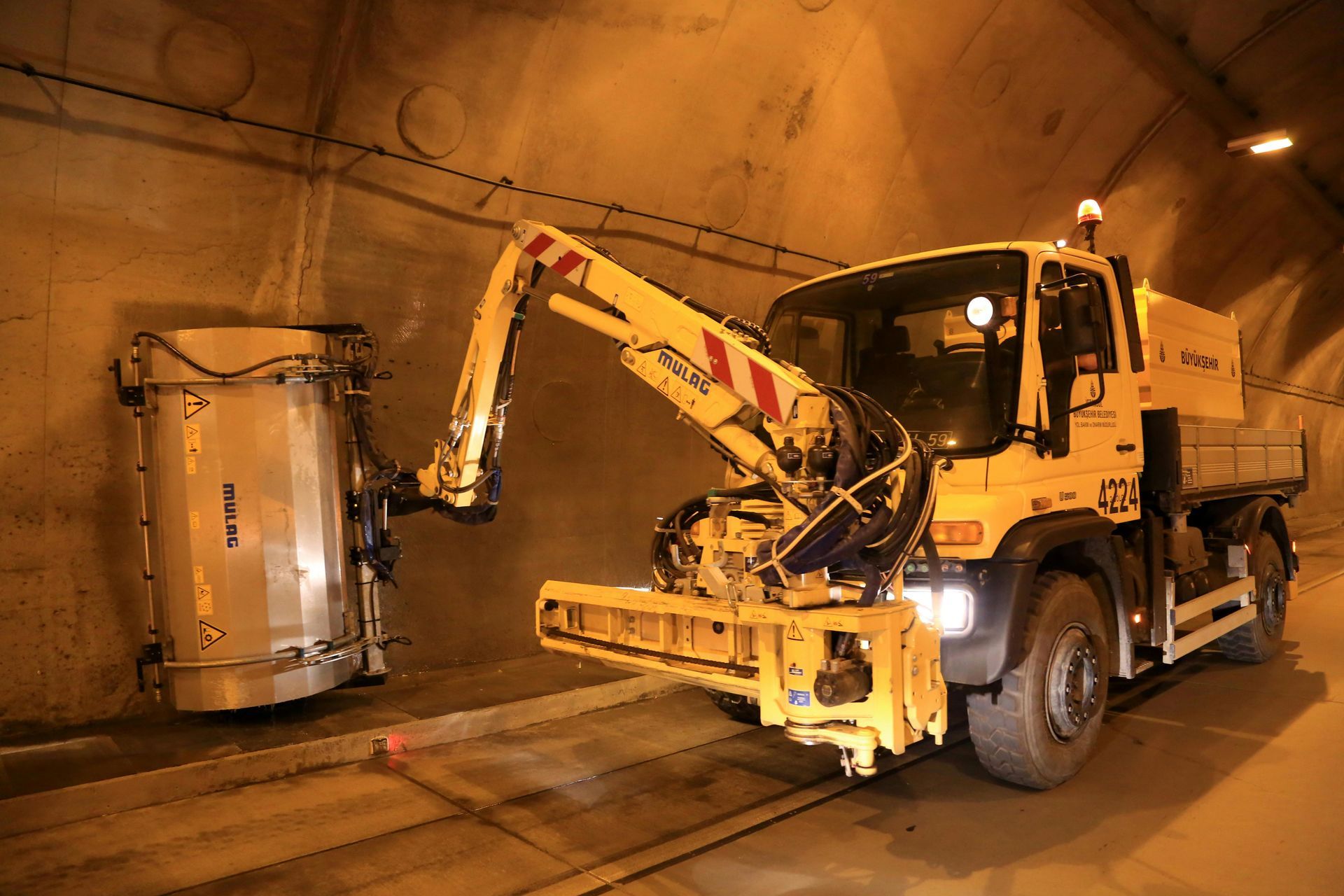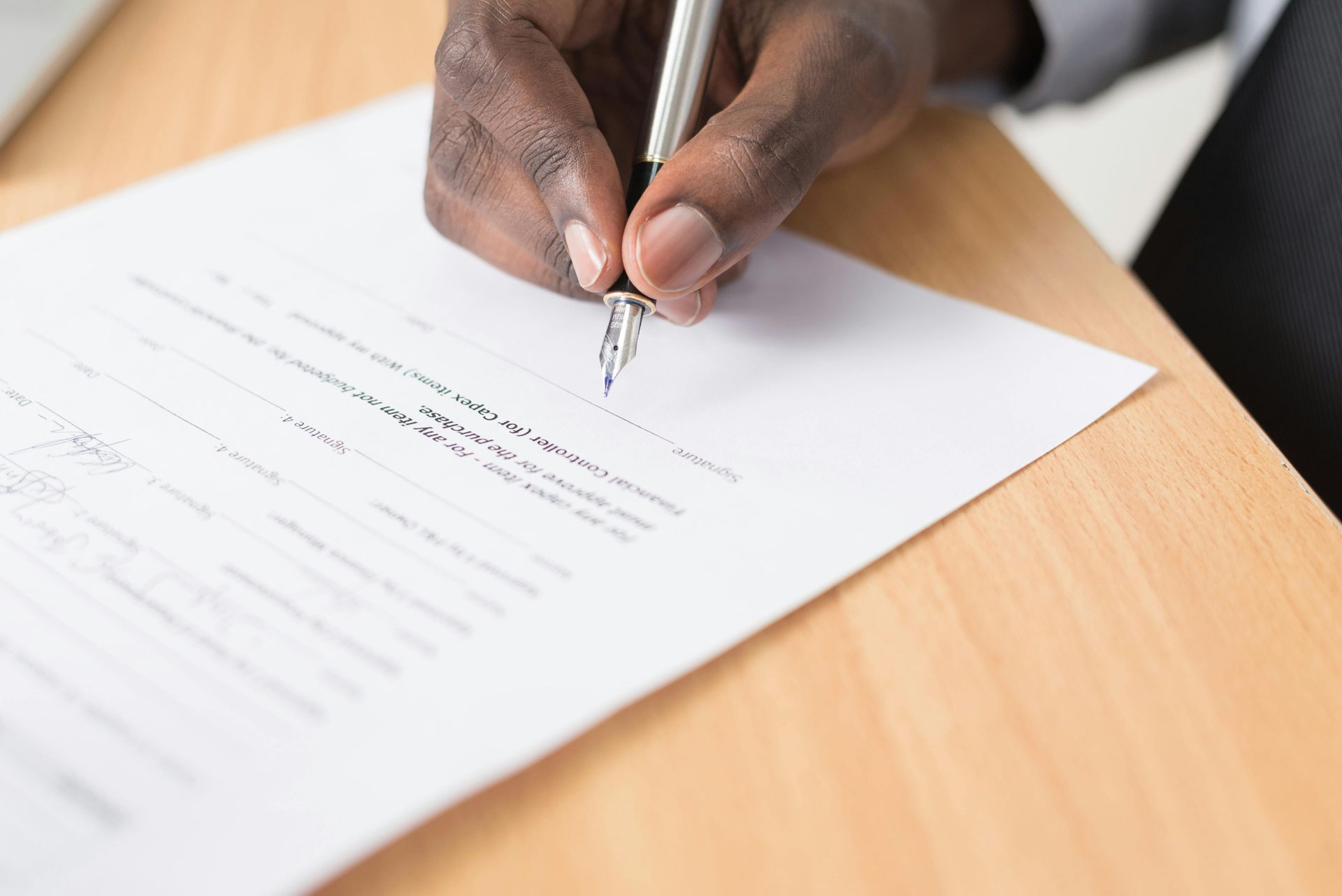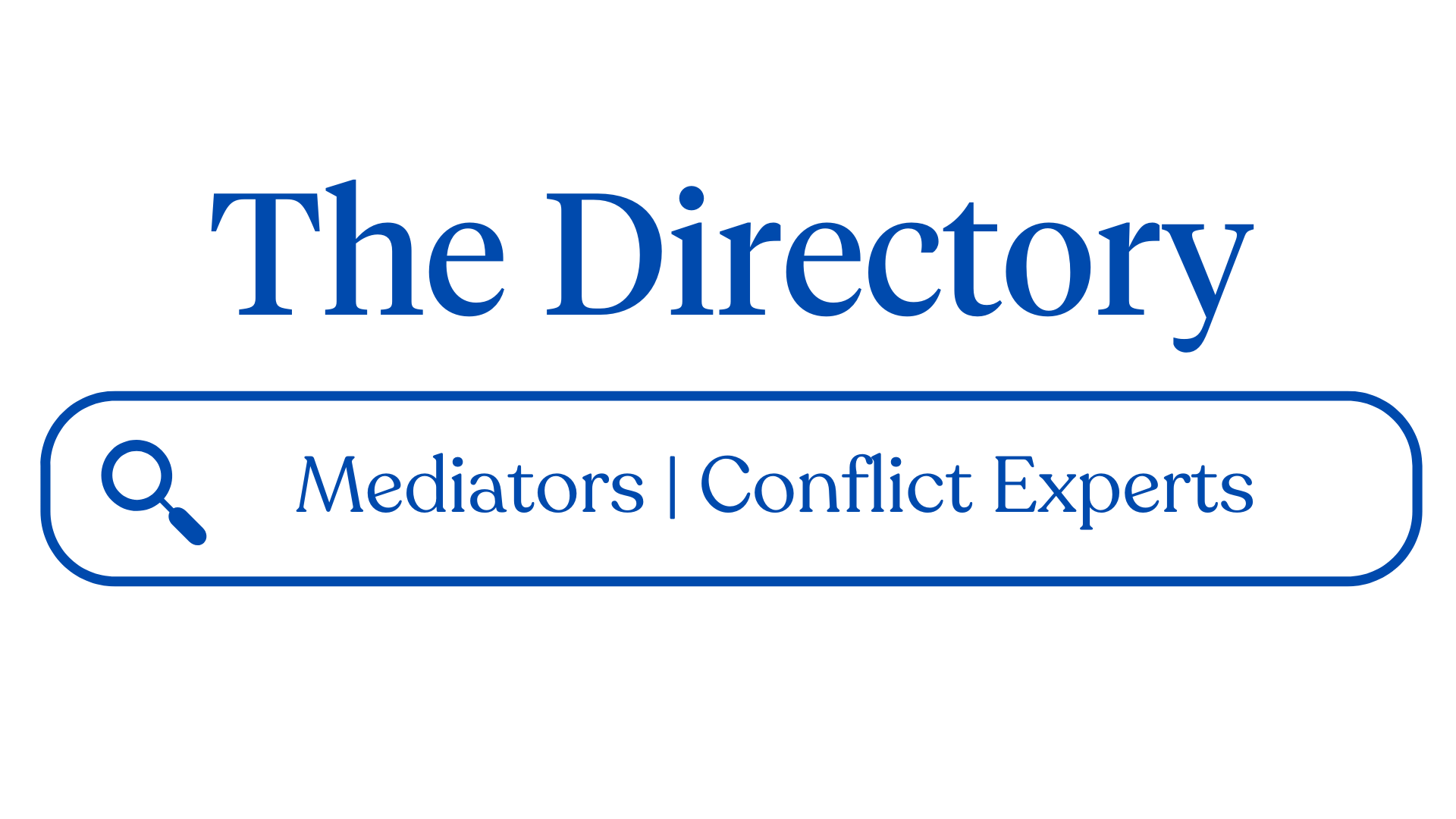Three Tips for Navigating Cross Cultural Business Disputes
Three Tips for Navigating Cross Cultural Business Disputes
By Gordon Tregaskis, Tregaskis Mediation
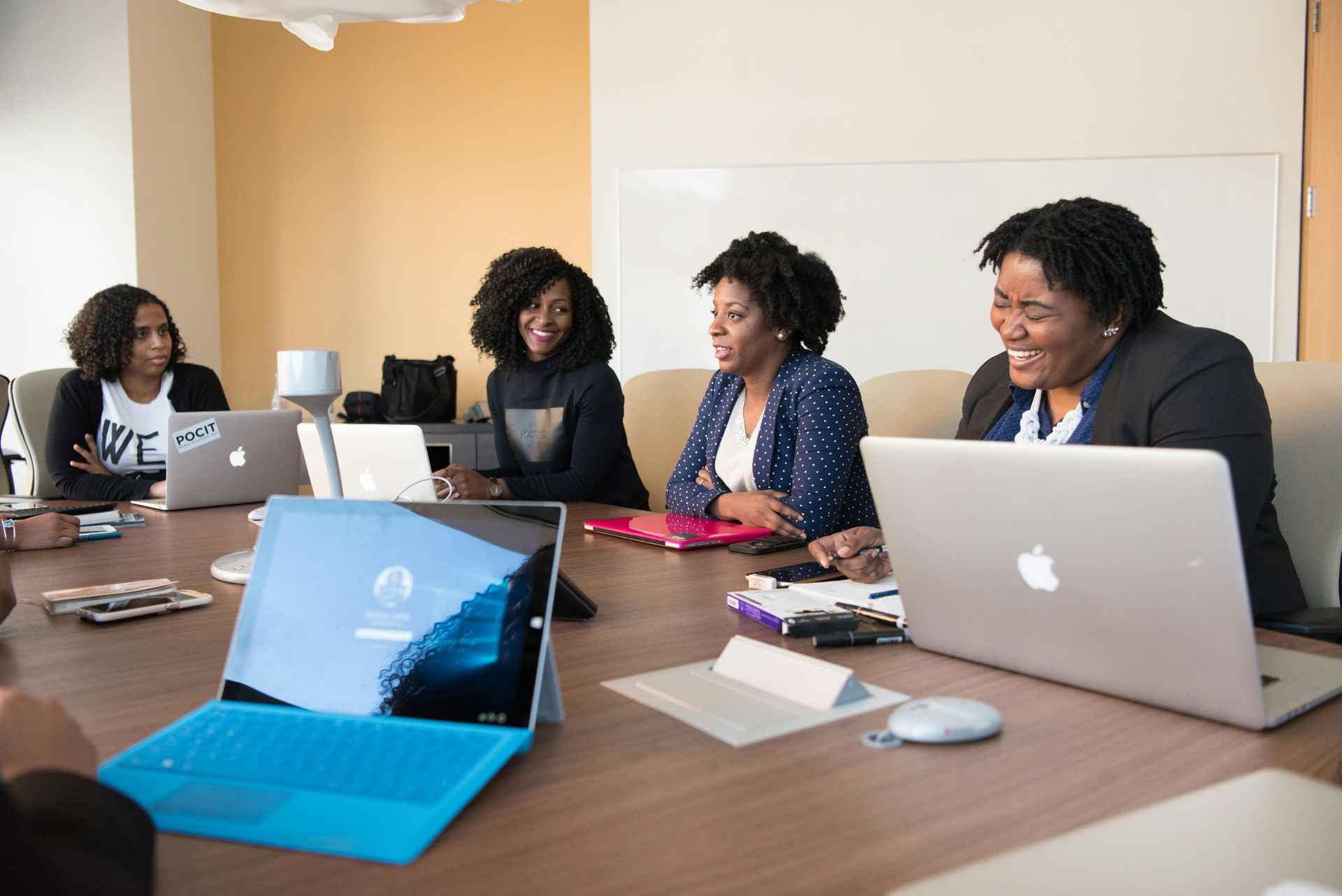
Globalisation has transformed the landscape of commercial dispute resolution. Transactions now frequently span multiple jurisdictions, contracts often involve parties from diverse cultural backgrounds, and disputes increasingly carry an international dimension. While the principles of contract and commercial law remain central, the dynamics of conflict in cross border disputes often hinge on cultural factors as much as legal issues. For commercial litigators advising clients in this environment, mediation is emerging as the tool of choice. It offers a flexible, confidential and efficient way to resolve disputes while accounting for the subtleties of cultural difference.
The question for lawyers is not whether mediation is useful, but how best to navigate the unique challenges that arise in cross cultural disputes. Below are three key tips, grounded in both practical experience and professional insight, that can assist lawyers in guiding their clients towards successful mediated outcomes in international business conflicts.
Tip One: Recognise the Cultural Dimension as Central, Not Peripheral
In domestic disputes, cultural differences may still be present but they are often less pronounced. In cross border disputes, culture shapes expectations, communication styles, and approaches to negotiation in ways that can profoundly affect the mediation process. For lawyers, recognising this from the outset is critical.
Consider attitudes to hierarchy and authority. In some cultures, deference to senior figures is paramount, and a junior executive may never feel comfortable making concessions at a mediation without express approval from their superior. In others, individual representatives may have broad discretion to negotiate and conclude agreements. A lawyer who assumes that all decision makers operate in the same way risks frustrating progress or even undermining the entire mediation.
Similarly, approaches to directness in communication vary widely. Parties from one culture may value frankness and clarity, interpreting indirect speech as evasive. Others may prefer to preserve face, using more nuanced language to signal their position. Misinterpreting these cues can escalate conflict rather than resolve it. A skilled mediator can help bridge these gaps, but lawyers also play a vital role in preparing their clients to interpret and respond to cultural signals appropriately.
In practical terms, recognising the centrality of culture means conducting early due diligence. Before entering mediation, lawyers should research not only the legal and commercial issues but also the cultural context of the counterparties. This includes understanding business etiquette, negotiation norms, and even the significance of non verbal communication. It also involves preparing clients to approach the mediation with cultural curiosity rather than rigid assumptions.
Tip Two: Choose Mediators with International and Cross Cultural Expertise
Not all mediators are equally equipped to handle cross cultural disputes. The complexity of international commerce demands mediators who combine strong legal and commercial acumen with cultural awareness and sensitivity. For commercial litigators, selecting the right mediator is a strategic decision that can make the difference between deadlock and resolution.
An experienced cross-cultural mediator does more than simply manage the process. They act as a bridge between different ways of thinking, speaking and resolving disputes. They can identify when a party’s reluctance to compromise is grounded not in intransigence but in cultural values that need to be acknowledged. They can frame proposals in terms that resonate across cultures, and they can ensure that no party loses face in a way that might derail settlement discussions.
Moreover, in international disputes, language itself can be a barrier. Even when English is the working language of mediation, subtle differences in expression can give rise to misunderstanding. A mediator who has worked in diverse linguistic and cultural settings is better placed to pick up on these nuances and clarify meaning without embarrassing the parties.
For litigators, the selection process should involve more than reviewing a mediator’s general credentials. It should include evaluating their international experience, their exposure to different business environments, and their track record in cross border disputes. Building relationships with mediators who specialise in international cases can also enhance a lawyer’s reputation as a trusted adviser in the global commercial space.
Tip Three: Prepare Clients for the Process Beyond Legal Issues
In cross cultural disputes, preparation must go beyond the legal merits of the case. Clients need to be equipped to engage in a process that may challenge their assumptions and require flexibility not just in substance but also in style. Lawyers play a key role in guiding clients through this preparation.
First, clients should be briefed on the likely cultural differences they may encounter. This does not mean relying on stereotypes, but it does involve discussing general tendencies and how they might affect negotiation. For example, a client accustomed to rapid decision making may need to understand that counterparts from another culture value extended consultation and consensus building. By anticipating these dynamics, clients are less likely to misinterpret delay as bad faith.
Second, lawyers should work with clients to identify their true commercial interests, not just their legal positions. Mediation provides scope for creative solutions that can transcend the immediate dispute. In cross border settings, this might involve future trading relationships, licensing arrangements, or joint ventures that reflect shared interests. Clients who are prepared to think flexibly about outcomes will be better positioned to achieve settlements that are commercially advantageous and sustainable.
Third, clients should be encouraged to see the mediator as a resource, not simply as a neutral referee. The mediator’s role is to facilitate understanding and to help parties explore solutions that work across cultural boundaries. When clients approach mediation with openness to this facilitation, the process becomes more constructive and less adversarial.
Finally, managing expectations is vital. Cross cultural mediations can take longer, involve more stages of discussion, and require patience. Clients who understand this are less likely to become frustrated and more likely to persevere towards resolution.
The Broader Context: Mediation in a Globalised Economy
The three tips above are not abstract theory but practical strategies rooted in the realities of modern commerce. As businesses operate across borders, disputes are no longer neatly contained within a single jurisdiction. The rise of international arbitration has demonstrated the demand for neutral forums, but arbitration is often expensive and formal. Mediation offers a more flexible and cost effective alternative that is well suited to the pace and complexity of global trade.
The adoption of the Singapore Convention on Mediation further enhances the attractiveness of mediation in cross border contexts by providing a framework for the enforcement of mediated settlements internationally. This development signals a growing recognition of mediation as a credible and effective method of resolving international commercial disputes. For British litigators advising clients with international exposure, this is a development that cannot be ignored.
Conclusion
Cross-cultural disputes are both challenging and inevitable in a global economy. For commercial litigators, the ability to guide clients through mediation in these contexts is a skill that enhances professional value and meets the evolving demands of international commerce.
By recognising culture as central to dispute resolution, by selecting mediators with the right expertise, and by preparing clients for more than just the legal issues, lawyers can help secure settlements that are not only legally sound but also commercially and culturally sustainable.
At Tregaskis Mediation we believe that cross cultural competence is no longer optional for those involved in international dispute resolution. It is a core element of professional practice. For litigators and mediators alike, mastering this competence is not only about resolving disputes more effectively but also about building enduring relationships across borders in an interconnected world.
Need help with a business dispute involving people from different cultural backgrounds? Speak to Gordon today.
